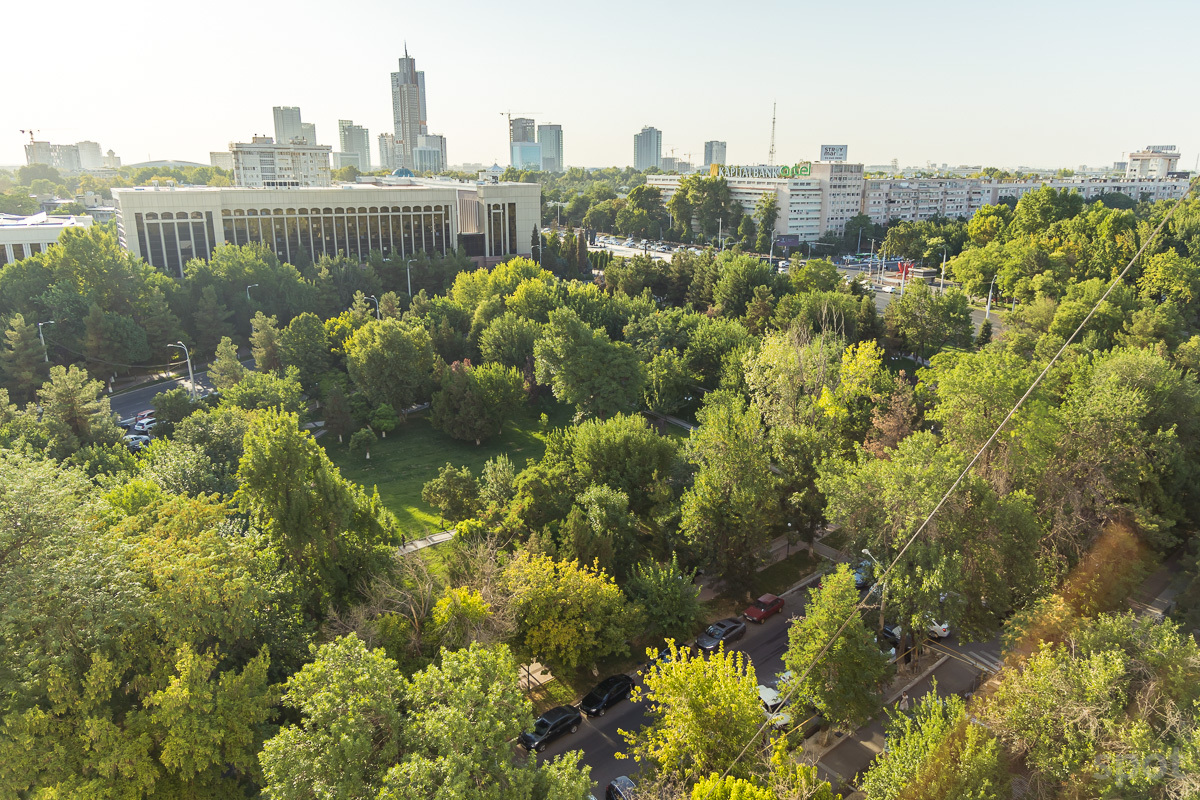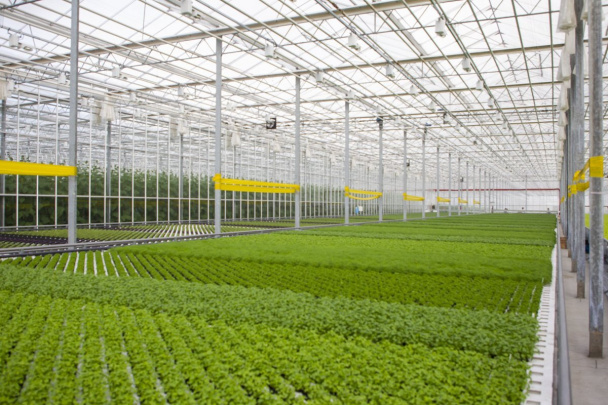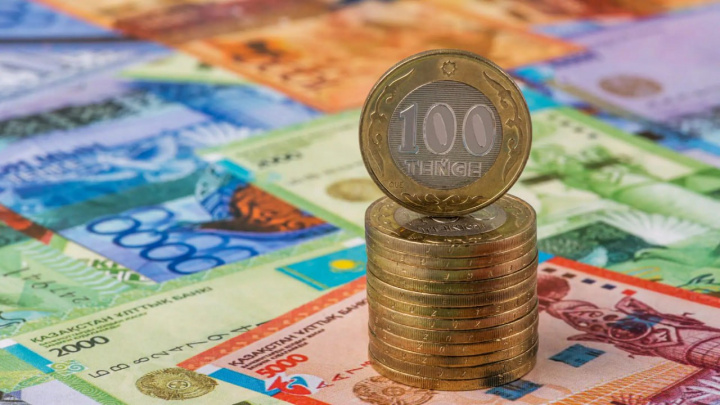“Abolition of energy subsidies and introduction of an emissions tax will result in 5% growth of GDP” – WB
Additional income can be used to improve the energy efficiency of residential premises.

Reportedly, the World Bank presented a Country Report on climate change and development of Uzbekistan. In particular, the bank’s specialists estimated the potential of the republic’s “green” exports at $2 billion per year.
The World Bank notes the government’s inability to fully finance the “green” transition, since already in 2022 government spending exceeded 34% of GDP - higher than in many similar countries. If half of the investments in the green transition are carried out by the state, then Uzbekistan’s public debt ratio will exceed the permissible limit of 70% of GDP before 2050.
The international bank recommends improving the management of public expenditures and increasing their efficiency.
According to the report, it is necessary to strive to balance the state budget through measures to reduce ineffective spending - such as tax breaks and energy subsidies – and attract additional revenue.
The World Bank also proposes eliminating energy subsidies and introducing carbon pricing through the introduction of a carbon tax. As a result, this will stimulate private investment and create incentives for the transition to a green economy.
The implementation of the proposed measures could bring the budget of Uzbekistan up to 5% of GDP during the transition period.
Additional revenues could be used to provide subsidies to improve residential energy efficiency and finance low-carbon government programs.
The rejection of subsidies for gas, electricity and heating is motivated by the fact that in 2020 Uzbekistan was among the 25 countries in the world with the highest energy subsidies, allocating 6.6% of GDP to this. Moreover, gas and electricity prices are among the lowest in the world, creating obstacles to their efficient use and draining government finances.
“Moreover, these subsidies limit the financial capacity of the Government of Uzbekistan to address other pressing priorities such as education and health, since in recent years the Government of Uzbekistan has been annually sending direct budget transfers of approximately US$1.0-1.5 billion to the energy sector. ", the report says.
The gradual increase in tariffs chosen by the Uzbek government will mitigate the decline in the level of well-being of the population and the increase in poverty.
In addition, the introduction of carbon pricing – a tax and tradable allowance – will increase the cost of activities that lead to emissions. At the same time, low-carbon alternatives will become more attractive – especially as emissions prices scale up.
Related News

16:14
Social cards to replace cash for state business support programs

14:49 / 06.03.2025
Wildberries pays over 50 billion UZS in additional taxes to Uzbekistan

20:06 / 05.03.2025
Bloggers in Kazakhstan now subject to taxation and advertising regulations

10:47 / 05.03.2025



